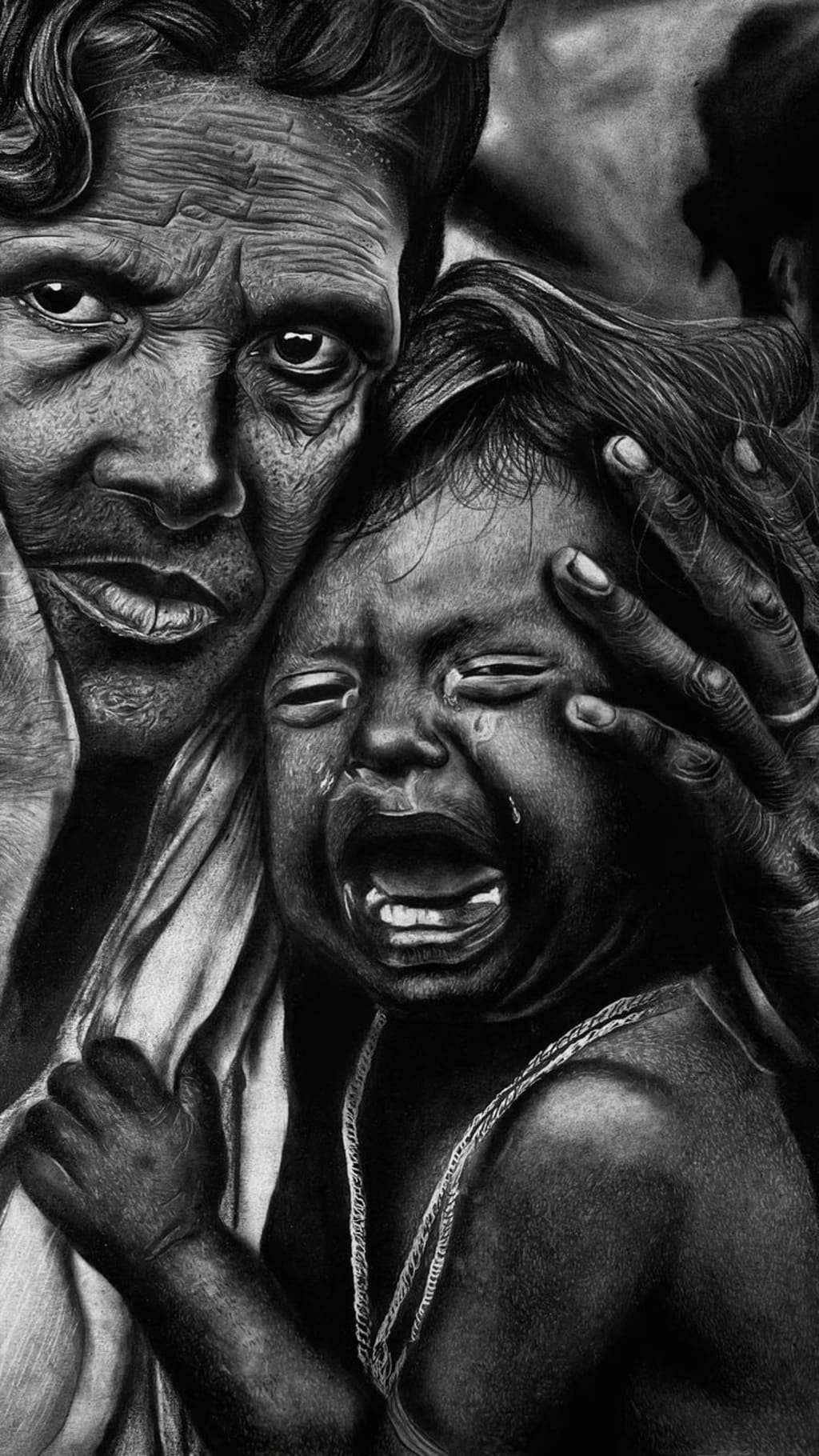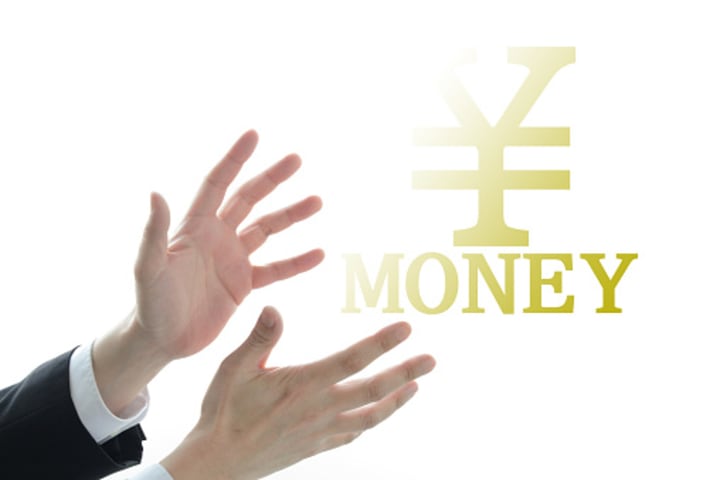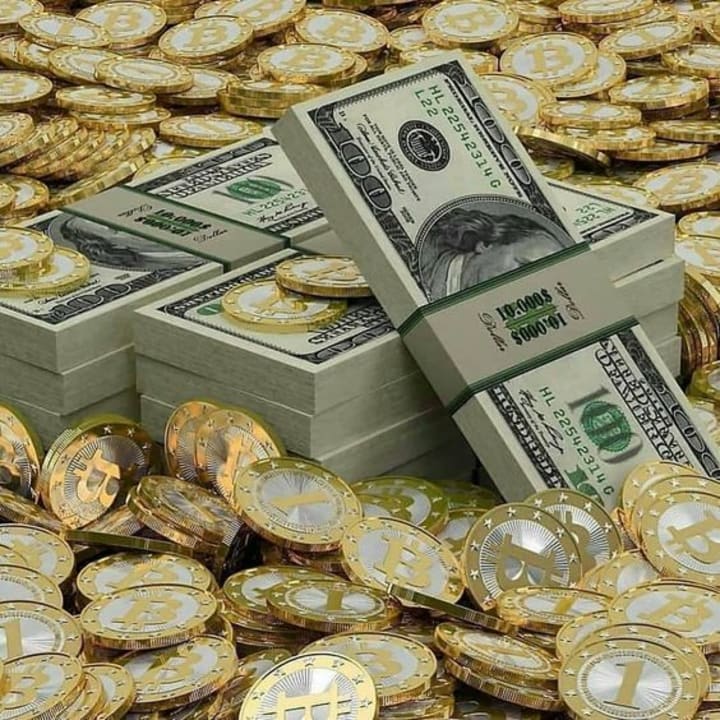If Only Tears are for Sale: The poor are the millionaires
The Value of Emotional Currency in Society

Introduction
In a world where money is often seen as the ultimate measure of wealth and success, it can be easy to overlook the value of other forms of currency. One such currency is emotional currency, which refers to the intangible value of emotions such as love, compassion, empathy, and understanding. While the emotional currency may not be as tangible as money, it can be just as valuable, if not more so, in our daily lives. This is especially true for those who are economically disadvantaged, an emotional currency may be one of the few resources they have to offer. In this article, we will explore the concept of emotional currency and its importance in society, using the popular saying "If only tears are for sale, the poor are the millionaires" as a starting point.
What is Emotional Currency?

Emotional currency refers to the value of emotions in social and personal contexts. It is a form of currency that can be exchanged between individuals, much like money or goods. Emotional currency can take many forms, such as a kind word, a thoughtful gesture, or simply being present for someone in need. Unlike money, emotional currency is not limited to those who have financial means. Everyone can give and receive emotional currency, regardless of their economic status.
Why is Emotional Currency Important?

Emotional currency is important because it fosters human connections and relationships. It allows individuals to feel seen, heard, and understood, which is crucial for social and emotional well-being. Emotional currency can also be a source of support and strength during difficult times, providing individuals with the resilience to face challenges and overcome adversity. In this way, emotional currency can be seen as a form of social capital that is just as valuable, if not more so, than financial capital.
The Value of Emotional Currency for the Economically Disadvantaged For those who are economically disadvantaged, emotional currency may be one of the few resources they have to offer. While financial resources may be limited, emotional resources are often abundant. This is particularly true in communities where people rely on each other for support and assistance. In these contexts, emotional currency may be the only form of currency available, and it can be just as valuable as money.
The saying "If only tears are for sale, the poor are the millionaires" speaks to the idea that those who are economically disadvantaged often have an abundance of emotional currency to offer. This is because they are more likely to experience adversity and hardship, which can lead to a greater capacity for empathy and understanding. Additionally, those who are economically disadvantaged may be more likely to form close-knit communities, where an emotional currency is highly valued and exchanged freely.
Examples of Emotional Currency in Action Emotional currency can take many forms, and it is often exchanged in everyday interactions between individuals. Some examples of emotional currency in action include:
1. A kind word or gesture: Something as simple as saying "thank you" or holding the door open for someone can be a form of emotional currency, as it shows that you value and appreciate them.
2. Active listening: Listening attentively and without judgment can be a powerful form of emotional currency, as it allows the other person to feel heard and understood.
3. Emotional support: Offering emotional support, such as a listening ear or a shoulder to cry on, can be a form of emotional currency that provides comfort and reassurance during difficult times.
4. Empathy: Showing empathy, or the ability to understand and share another person's feelings, can be a form of emotional currency that fosters deeper connections and understanding between individuals.
5. Forgiveness: Forgiving someone who has wronged you can be a form of emotional currency that helps to repair relationships and build trust.
These examples demonstrate how emotional currency can be exchanged in a variety of ways, and how it can have a profound impact on the well-being of individuals and communities.
The Role of Emotional Currency in Relationships Emotional currency is especially important in intimate relationships, where it plays a crucial role in building and maintaining strong connections. In romantic relationships, emotional currency can take many forms, such as:
• Expressing love and affection: Telling your partner that you love them, giving them a hug or a kiss, or expressing gratitude for their presence in your life are all forms of emotional currency that can strengthen your bond.
• Offering support and encouragement: Being there for your partner during challenging times, offering words of encouragement, or simply listening without judgment can be powerful forms of emotional currency that show that you care.
• Honesty and transparency: Being honest and transparent with your partner can be a form of emotional currency that fosters trust and deepens your connection.
• Forgiveness and understanding: Forgiving your partner when they make mistakes, or showing understanding when they are going through a difficult time, can be forms of emotional currency that demonstrate your commitment to the relationship.
When an emotional currency is exchanged freely in a relationship, it can create a sense of security and intimacy that is essential for long-term success.
The Dark Side of Emotional Currency While emotional currency can be a powerful force for good, it can also have a dark side. In some cases, emotional currency can be used to manipulate or control others, or to gain power in a relationship. For example, someone may use the emotional currency to guilt trip their partner into doing something they don't want to do , or to make them feel obligated to stay in the relationship. In these cases, the emotional currency becomes a form of emotional abuse , and can have serious consequences for the well-being of individuals and relationships.
Conclusion
In conclusion, emotional currency is an important and often overlooked form of currency that plays a crucial role in our daily lives. For those who are economically disadvantaged, emotional currency may be one of the few resources they have to offer, and it can be just as valuable as money. Emotional currency fosters human connections and relationships , and can provide individuals with the support and resilience they need to overcome adversity. However, it is important to be aware of the potential dark side of emotional currency , and to use it in a way that is respectful and supportive of others. Ultimately, emotional currency is a valuable resource that can help us navigate the ups and downs of life, and build stronger, more meaningful relationships with those around us.
···
About the Creator
RS Creation
Search makes a person perfect, and in today's modern technology world, new information is learned through search.
He is created as a man. I am happy to share with you the many information that I have read and learned through my search.






Comments (1)
Very interesting. I've never thought about emotions as transactional, but I definitely agree that they are used that way.